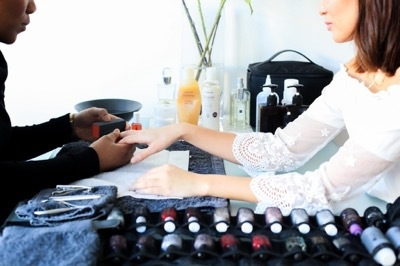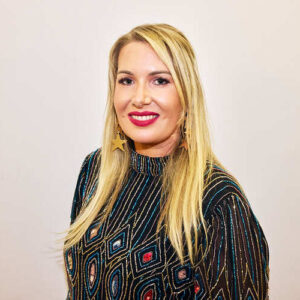OVER 280 nail bars investigated in illegal immigration crackdown
By Helena Biggs | 04 January 2017 | Feature, News, Training

The government has arrested 97 nail bar workers in London, Edinburgh and Cardiff as part of its Operation Magnify on risk industries.
In a bid to clamp down on illegal workers and identify and help potential human trafficking or ‘modern slavery’ victims, immigration officers visited over 280 nail bars between 27 November and 3 December.
The majority of those held were Vietnamese nationals, but also included immigrants from Ghana, China, Nigeria, Mongolia, India and Pakistan.
Warnings were sent to 68 businesses that they will have to pay £20,000 per illegal worker if they cannot prove that they carried out appropriate right-to-work document checks, with immigration minister, Robert Goodwill, hoping that the operation sent a ‘strong message’ to employers that abuse immigration laws.
Following the news, Lesley Blair, vice-chair of beauty industry association, BABTAC, made the following comments:
“In 2013, we worked closely with The Times to support its story highlighting the extent of human trafficking in our industry, and we also made a subsequent submission to the consultation on a human trafficking Bill led by Jenny Marra MSP.
“This story highlights that despite the high risk our industry represents, little has changed in just over three years, and the low barriers to entry including low start-up costs and a lack of formal regulation mean that our industry is still targeted by unscrupulous criminals.
“As well as highlighting ways to identify possible human trafficking and encouraging industry professionals and consumers to report possible cases to their local police or Crimestoppers, we also drafted and have lobbied for a simple, cost-effective licencing system that reduces the likelihood of human trafficking, without adding extra significant costs for legitimate therapists.
“Not only would the regulatory model that we propose considerably reduce the likelihood of human trafficking, but it will also help to make the wider industry more transparent and accountable, a key shortcoming that is regularly highlighted by the media.”
As part of its on-going campaign for industry self-regulation, BABTAC is continuing to lobby the government, promoting an industry-wide model, as well as contributing to specific incidents such as human trafficking. It is still working to raise awareness of the problem, as well as driving for industry regulation or self-regulation. The human trafficking campaign specifically encourages customers and beauty professionals to look out for typical trafficking signs including:
- Therapist reluctance to build relationships with customers
- People who live in the same premises where they work
- Technicians who are unable to leave without their employer
The organisation is also encouraging the public to check whether their therapist is qualified, verified, and insured.
For more information, visit www.babtac.com
*Lead image is a stock image.

Read the latest issue









